
Origin of the village
According to the book "Folk memories of Cao Son village", Cao Son village (commune) has existed since the 16th century. The village has a very interesting and meaningful history, associated with the famous Quan Yen Phu Su Luong Van Phung.
He was one of 28 people who participated in the Lung Nhai oath, and it is said that he was the one who fought and killed Lieu Thang, and made many great achievements in the resistance war against the Ming army. The land of Cao Son was given the king's surname and was granted a title of marquis. Cao Son later became a gathering place, with the tradition of learning and the highest level of mandarin examinations in Tinh Gia land (Thanh Hoa) with all 3 imperial edicts choosing to place it here.
Cao Son consists of Dong Cao and Tay Cao, existing for more than 4 centuries, preserving many historical pages with cultural memories, lifestyles, and people's souls. The village and its name have become flesh and blood. After 1945, the village not only lost its name but was also split into 2 communes: Thanh Son and Thanh Thuy. The name has been broken according to the history of several hundred years.
The name Tinh Gia also has a long history. From the Later Le Dynasty (1435) it was Tinh Gia prefecture, then changed its name several times due to taboos and changes in boundaries but still kept the word "Tinh" (Tinh Ninh became Tinh Giang).
During the Nguyen Dynasty, in 1838, King Minh Mang restored the name Tinh Gia. This name existed until April 22, 2020, when it was officially changed to Nghi Son (town), ending 500 years of a name.

Be cautious when organizing a merger.
Each land, each name, to the Vietnamese is not simply a soulless administrative label. It is the identity of each person, even flesh and blood and sacred.
Society changes, requiring the rearrangement of many issues. However, we cannot rely solely on immediate economic benefits or short-term needs while ignoring historical, cultural, and human content.
Reducing staff for the administrative apparatus can be done with other solutions that are more scientific, modern and effective - such as streamlining staff, applying achievements of information technology...
Merging or renaming places will cause a lot of chaos and hassle, involving all sorts of things in life such as paperwork, records, and personal information of each person. And not to mention the expense and waste of all kinds.
A streamlined, efficient machine thanks to a scientific structure and the effective support of advanced scientific achievements, that is what needs to be studied and applied. The practice of “cutting out - cutting in” is taboo, and should only be thought of when all solutions have reached a dead end.
Cherish the place name like a family treasure
Back to the story of my village. Although the name of the village has been lost, until now, after more than half a century, adults still say on their lips, "going to Cao Son", "Cao Son people"... very naturally.
That means the name is still there in many people's memories. It has taken root in every thought, become the soul and burst out into speech.
But, eventually the old people will die, and the descendants will no longer have memories. And thus, an entire spiritual space related to history and culture associated with the name Cao Son will be lost.
Building a building only requires money, but to make that building a heritage requires more than that. It must meet strict conditions that no other wealth can: aesthetics, historical events, human qualities, spiritual values, longevity...
Therefore, we need to respect place names as a family heirloom left by our ancestors, and future generations can still inherit valuable heritages. We should not use place names as an adventure of spontaneous ideas...
Conservatism is an obstacle to development, but disregarding the past, especially the cultural past, is another extreme.
Building a “new cultural life” does not necessarily mean erasing hundreds of years of history. The qualities of a society are nurtured and cared for by progressive policies with deep insight and broad vision. It is investing in infrastructure, devoting effort to education, caring for social security, knowing how to preserve heritage, guiding people towards civilized values in thinking and behavior...
Source


![[Photo] Opening of the Exhibition on Green Growth](https://vstatic.vietnam.vn/vietnam/resource/IMAGE/2025/4/16/253372a4bb6e4138b6f308bc5c63fd51)
![[Photo] President Luong Cuong receives Ethiopian Prime Minister Abiy Ahmed Ali](https://vstatic.vietnam.vn/vietnam/resource/IMAGE/2025/4/16/504685cac833417284c88a786739119c)
![[Photo] National Assembly Chairman Tran Thanh Man meets with Ethiopian Prime Minister Abiy Ahmed Ali](https://vstatic.vietnam.vn/vietnam/resource/IMAGE/2025/4/16/c196dbc1755d46e4ae7b506c5c15be55)
![[Photo] Opening of the 4th Summit of the Partnership for Green Growth and the Global Goals](https://vstatic.vietnam.vn/vietnam/resource/IMAGE/2025/4/16/488550ff07ce4cd9b68a2a9572a6e035)
![[Photo] Many practical activities of the 9th Vietnam-China border defense friendship exchange](https://vstatic.vietnam.vn/vietnam/resource/IMAGE/2025/4/16/3016ed3ef51049219574230056ddb741)
![[Photo] President Luong Cuong meets 100 typical examples of the Deeds of Kindness Program](https://vstatic.vietnam.vn/vietnam/resource/IMAGE/2025/4/16/ce8300edfa7e4afbb3d6da8f2172d580)
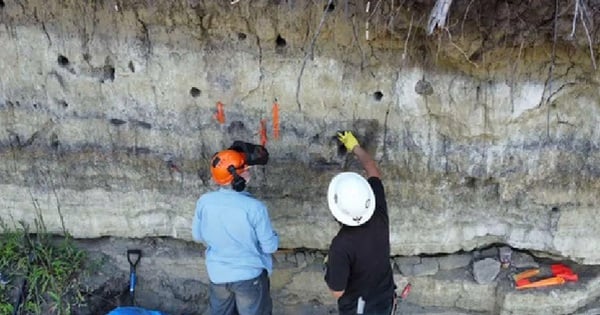

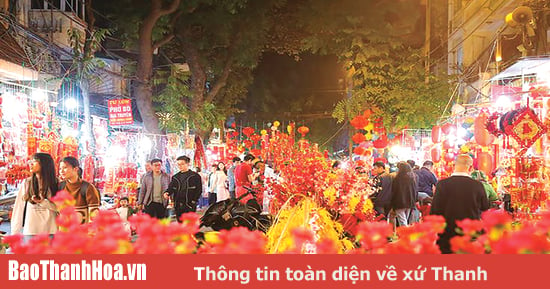
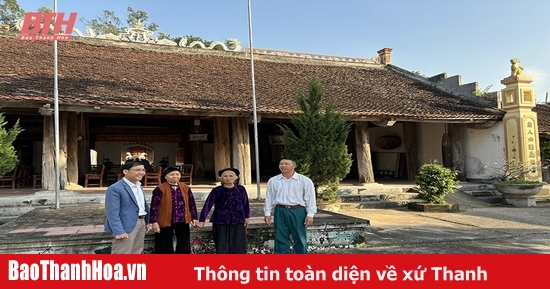
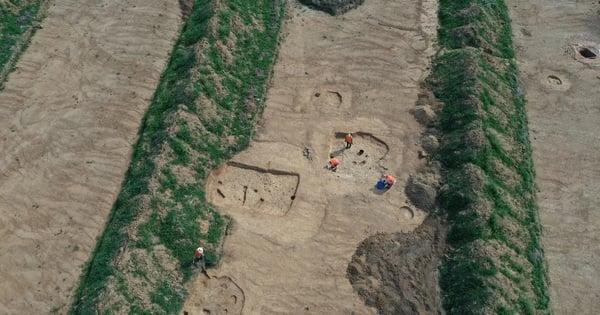
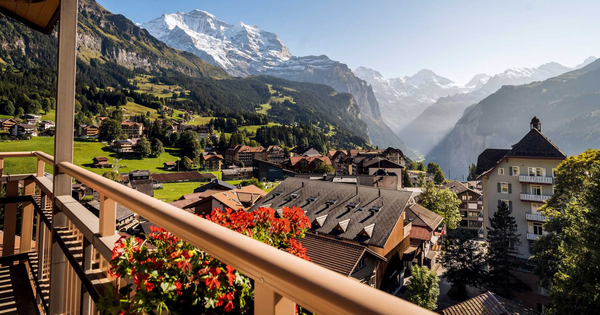

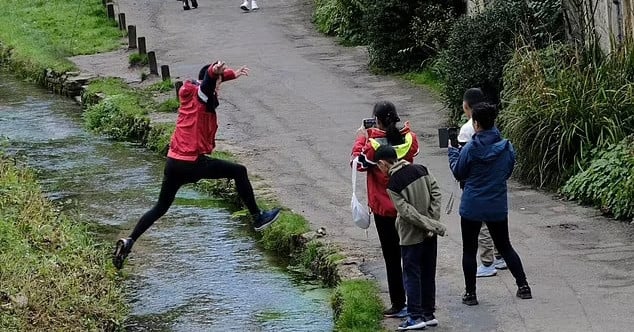


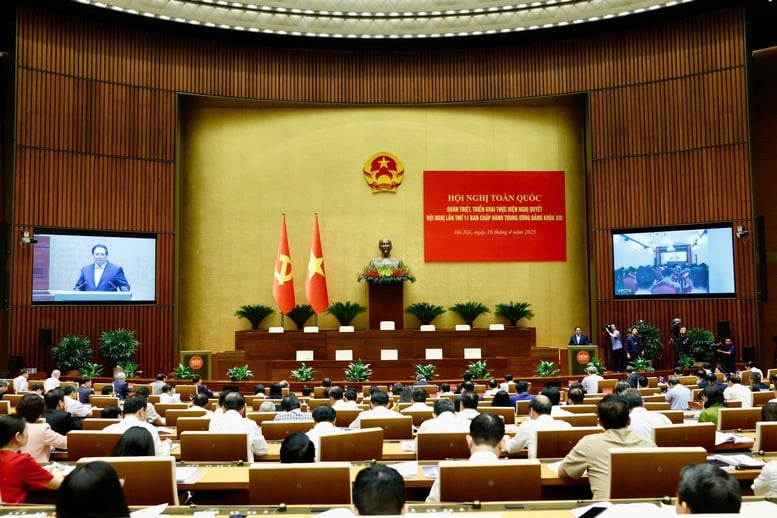
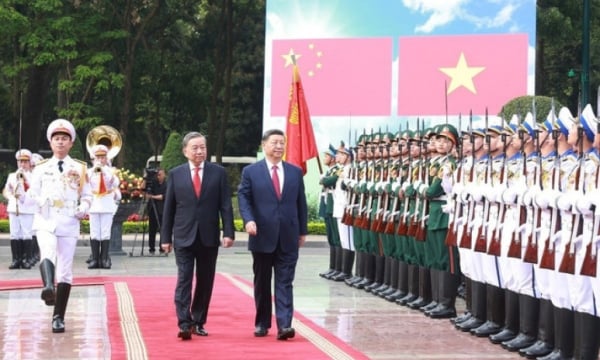
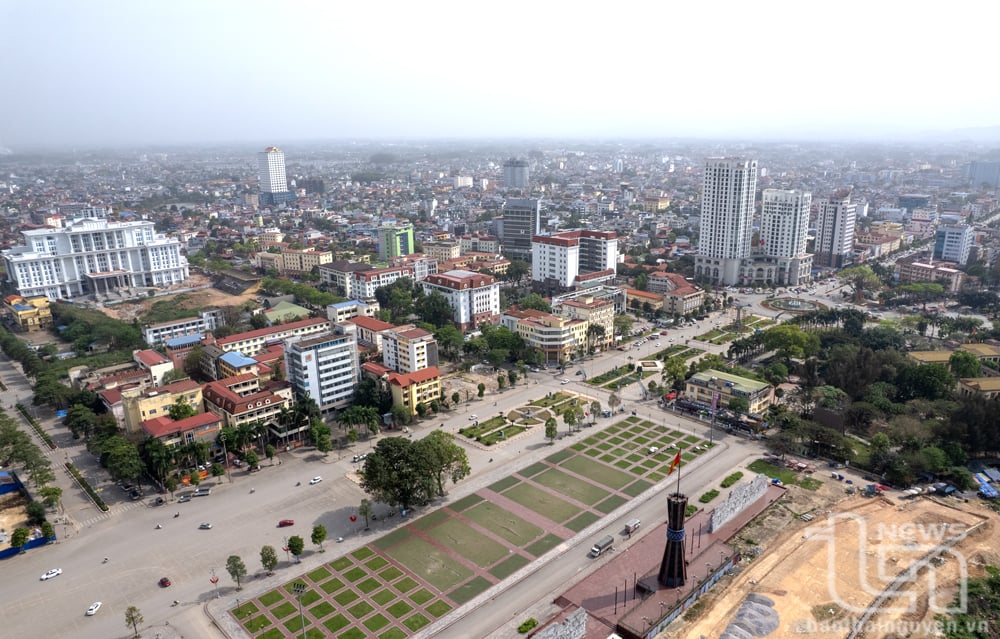
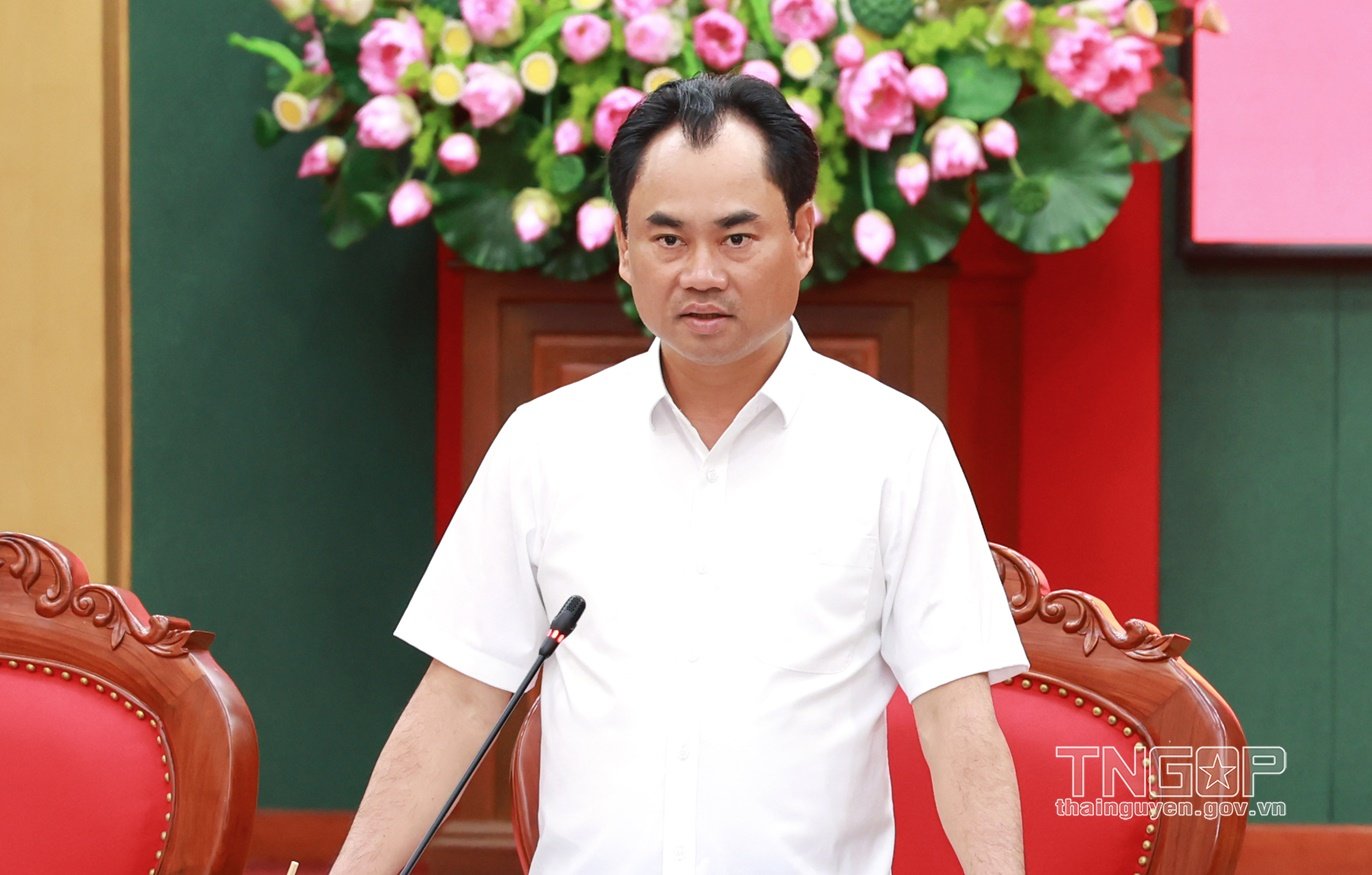
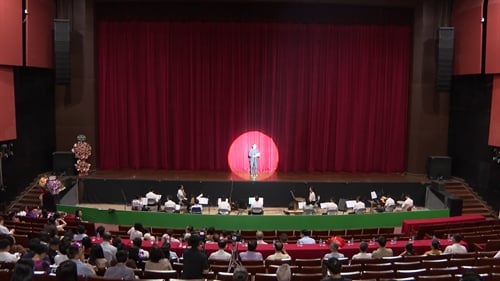






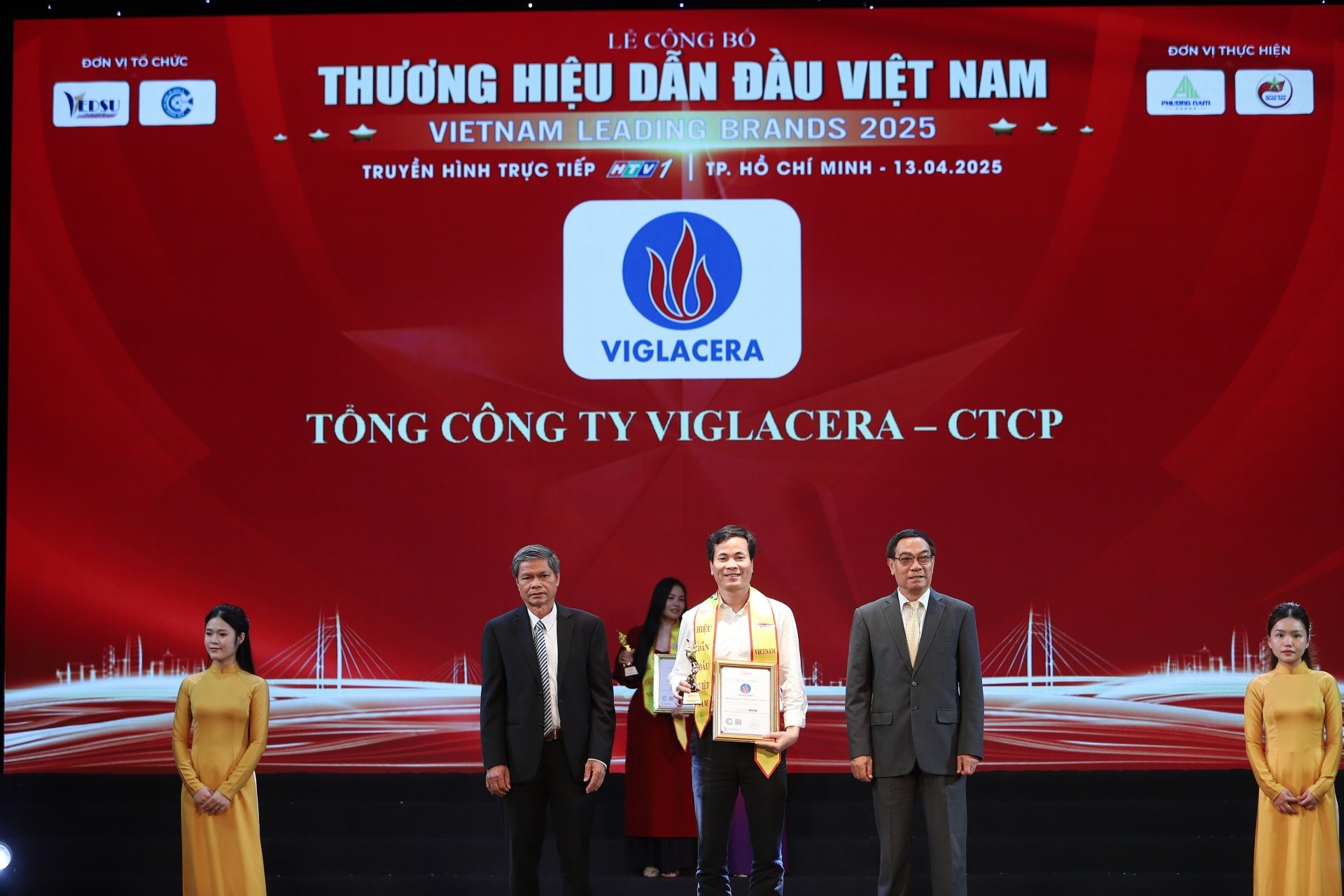

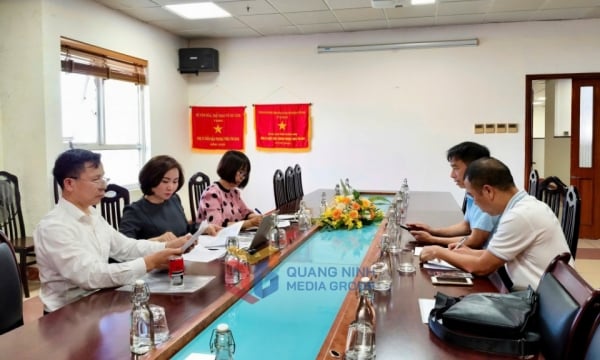
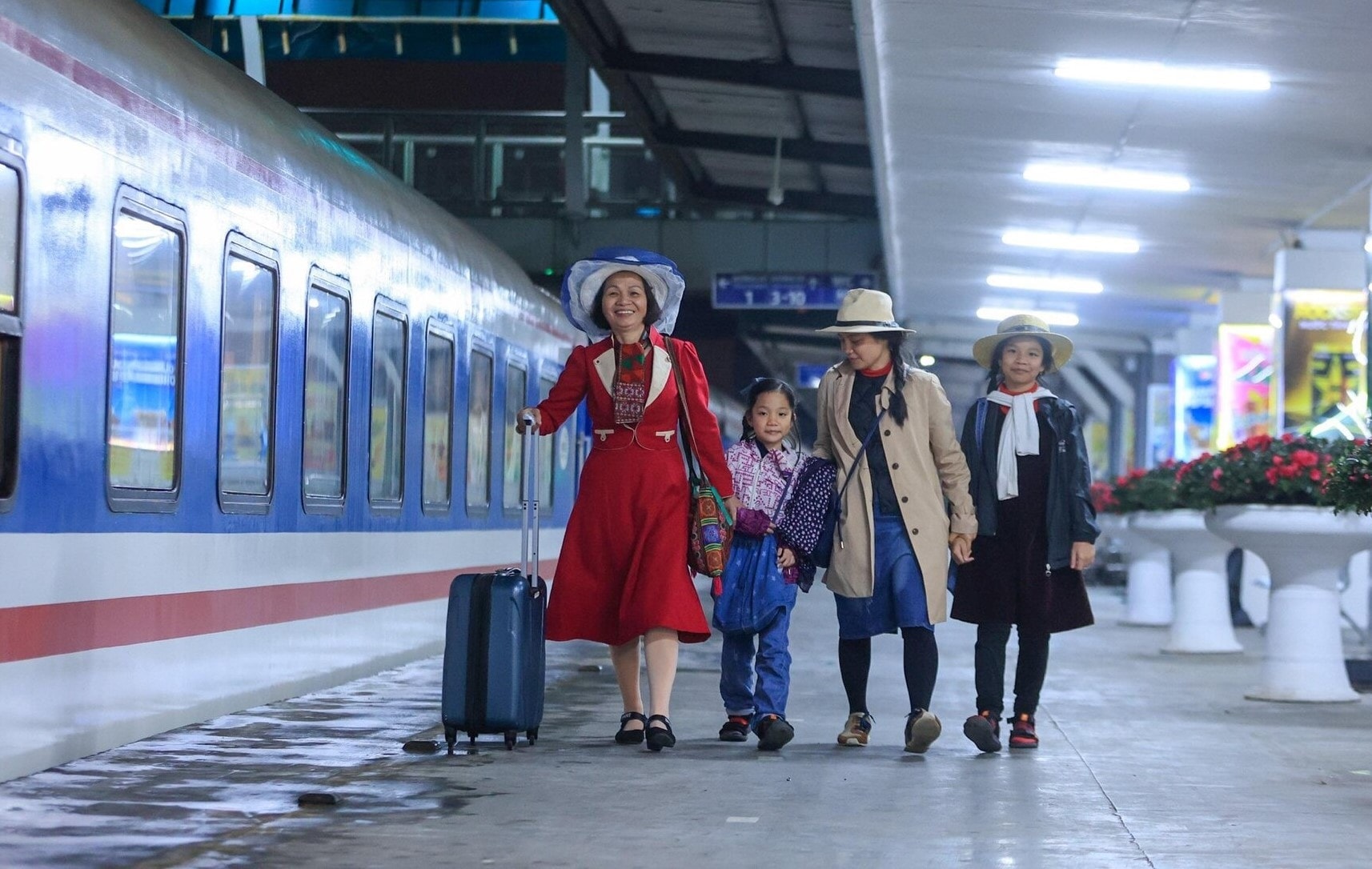


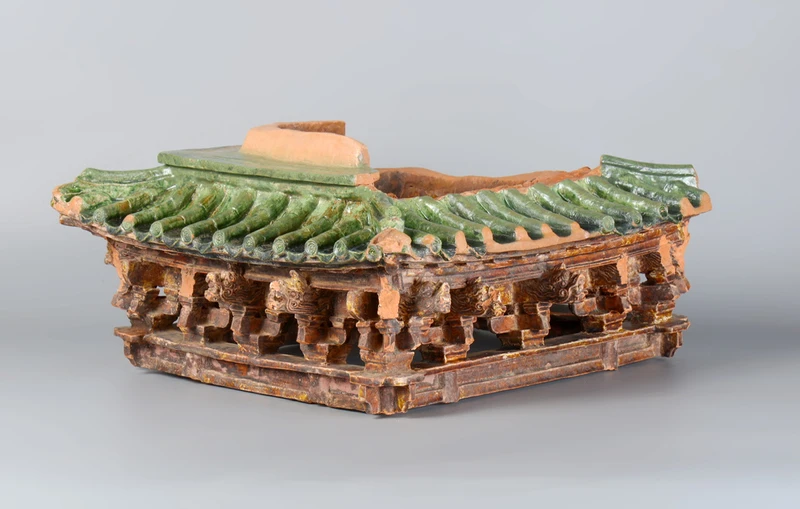



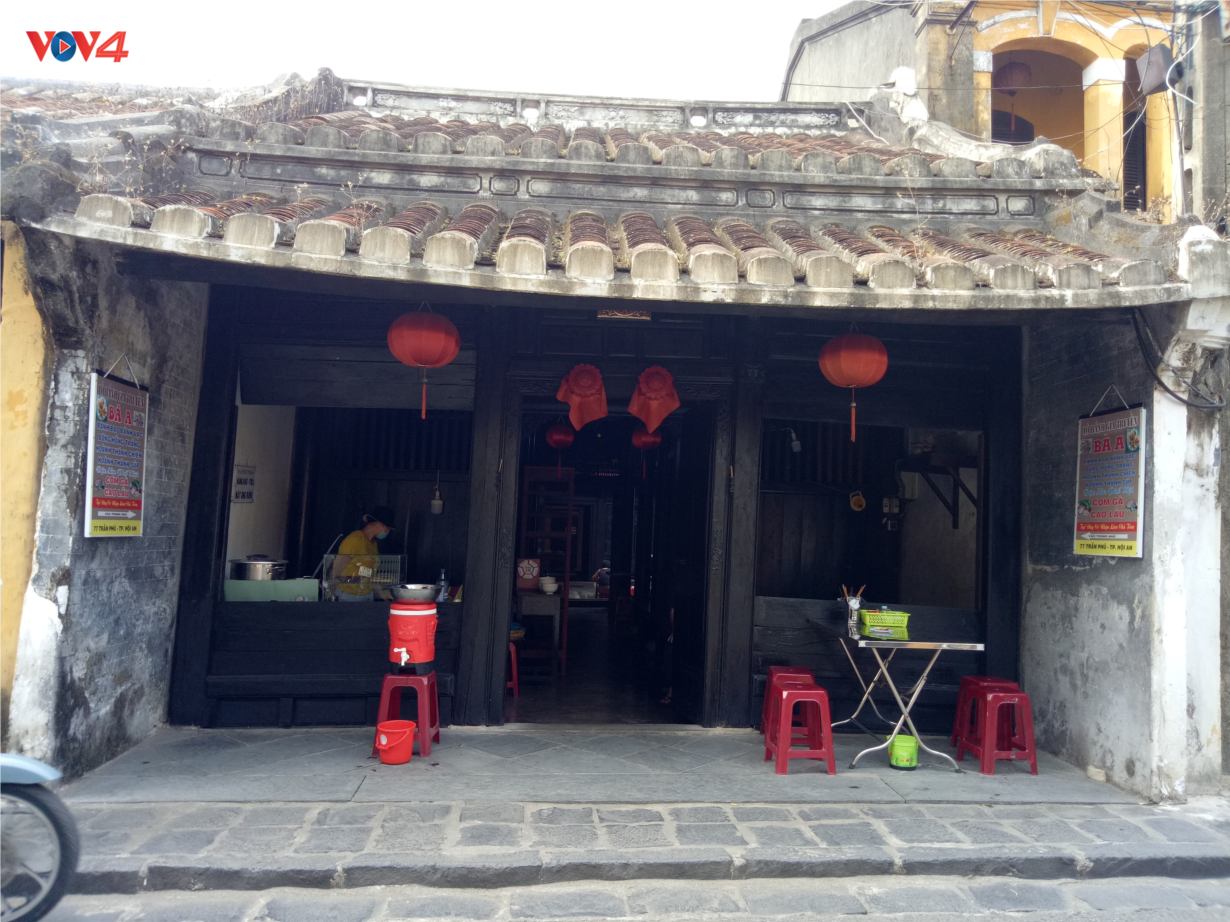

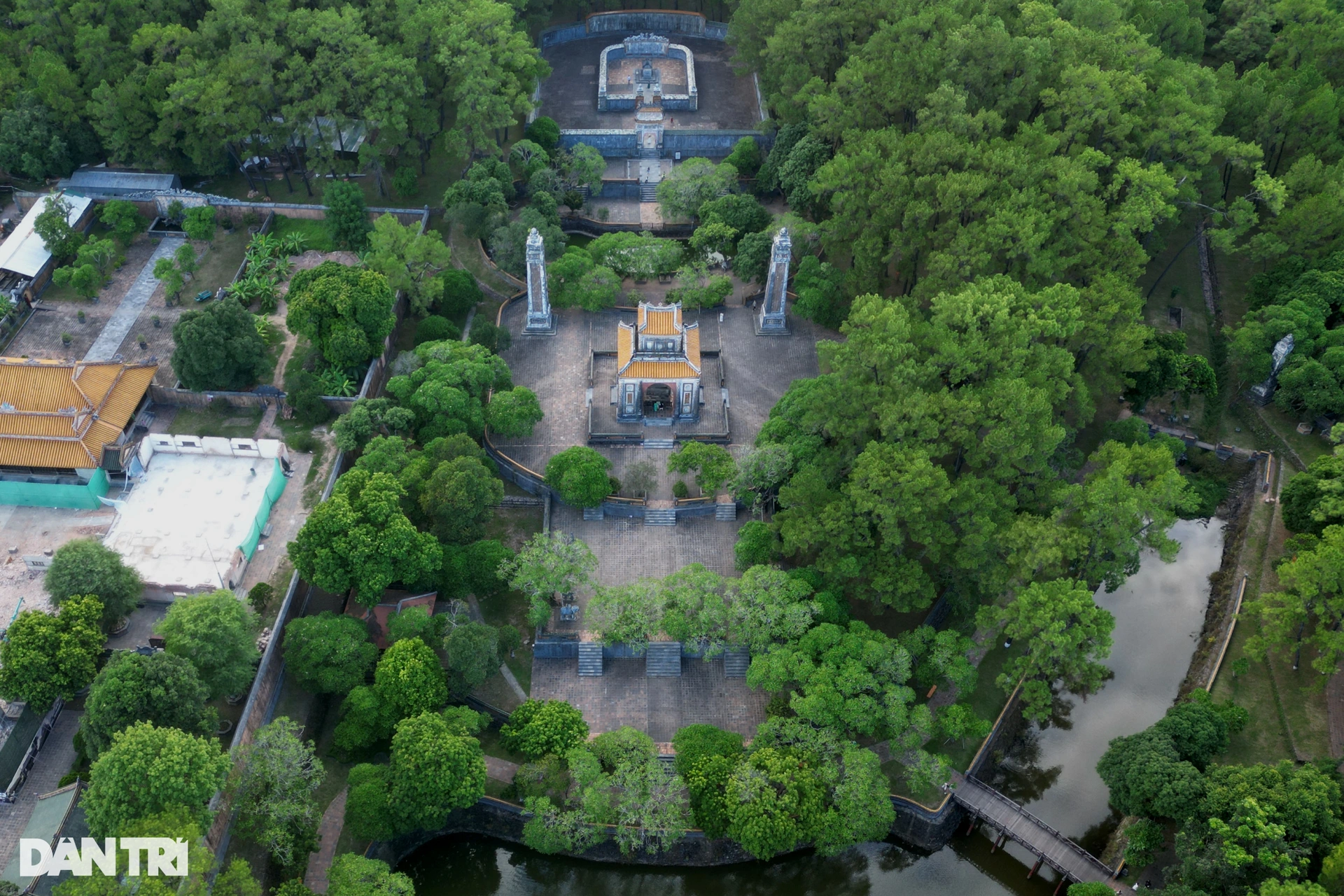

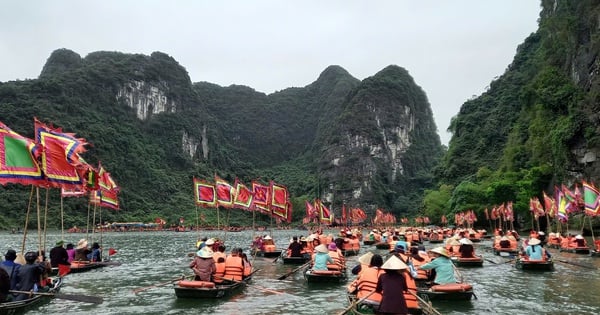



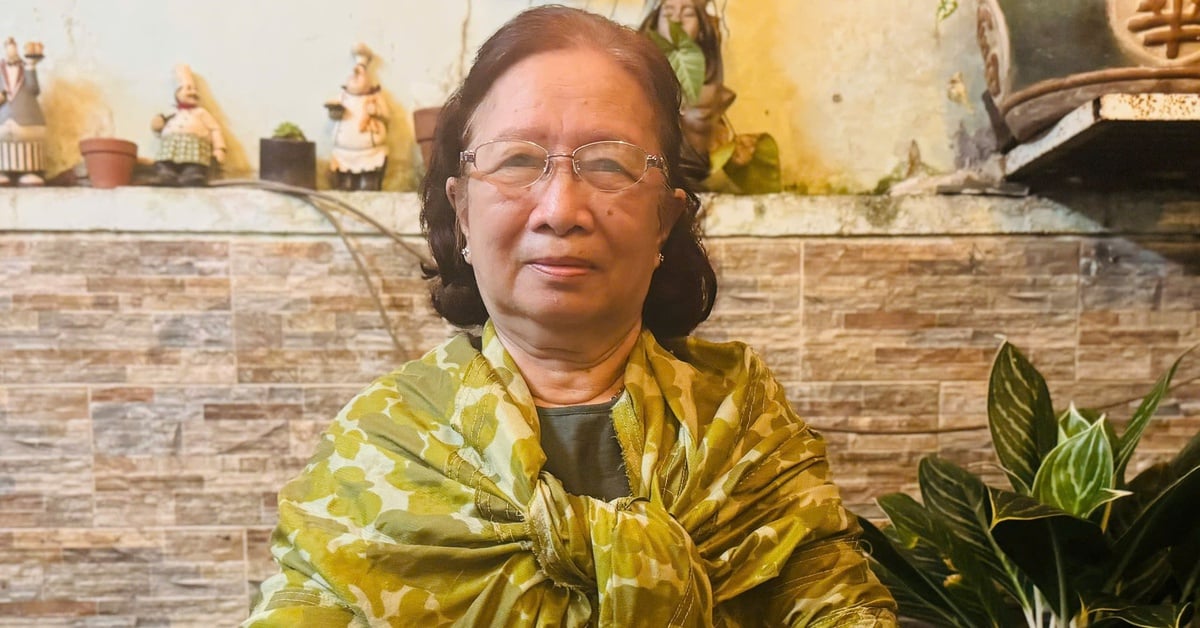

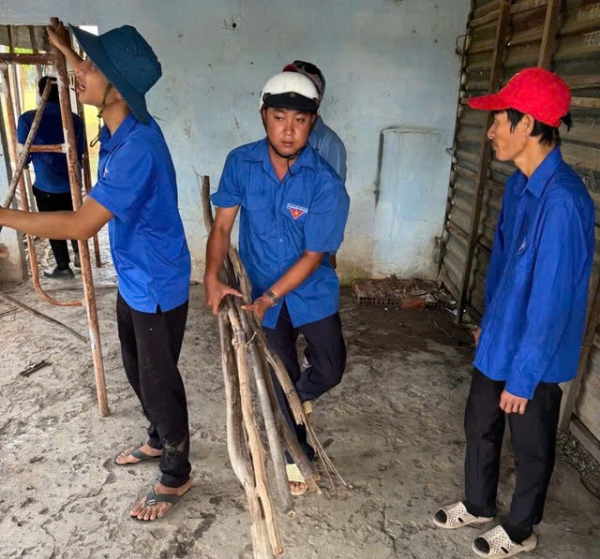
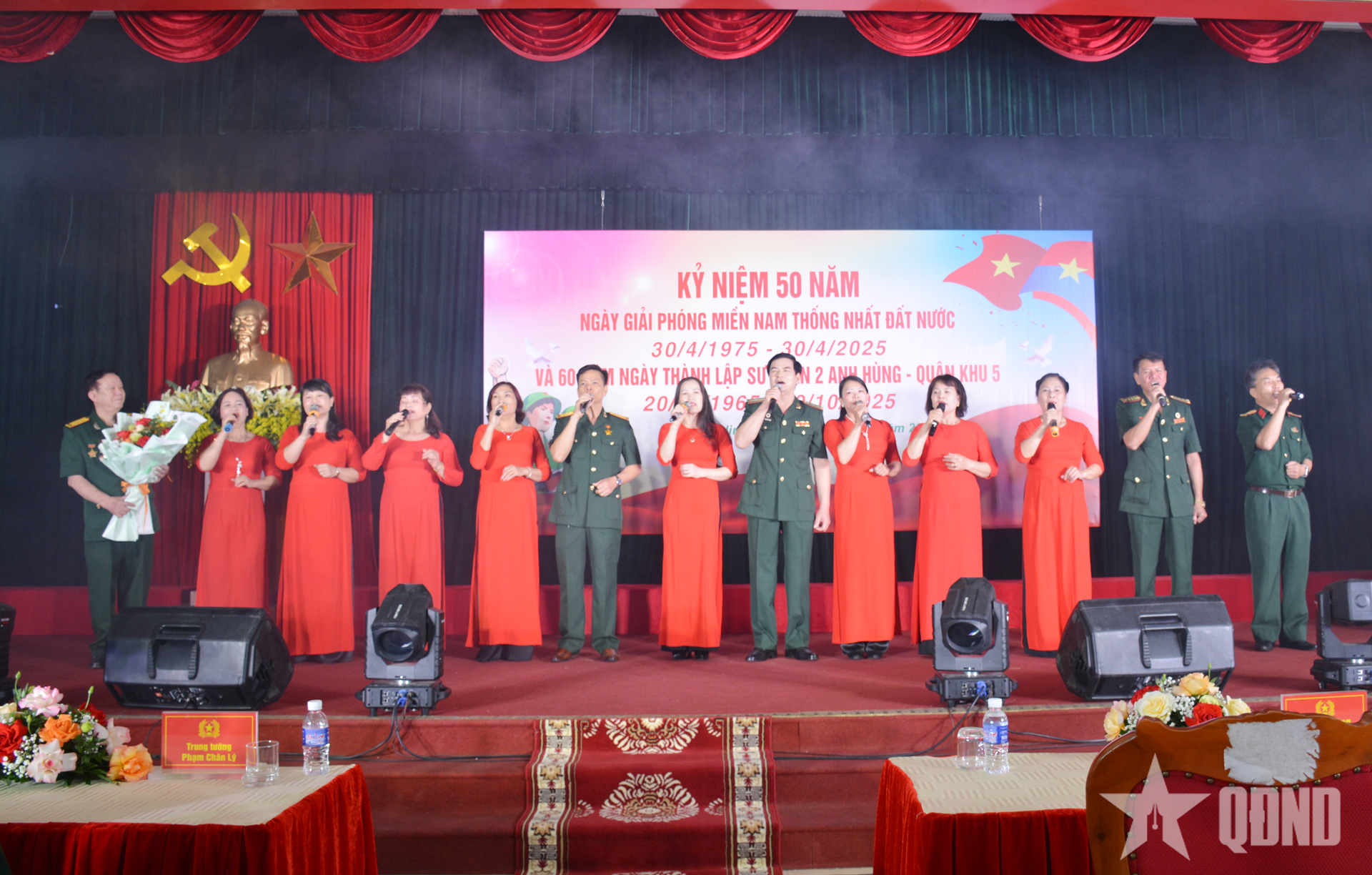

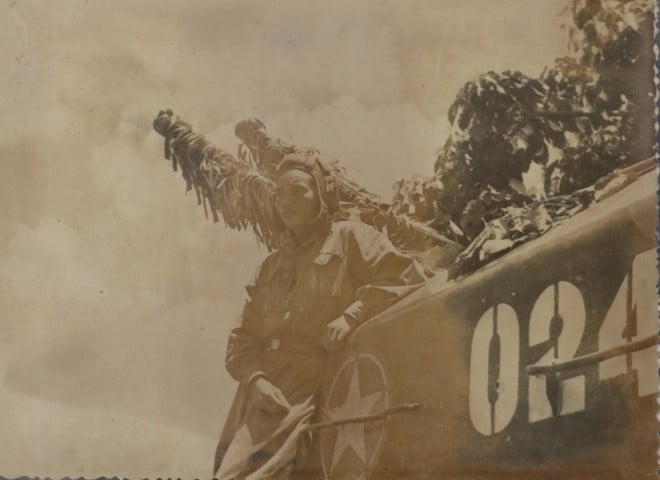
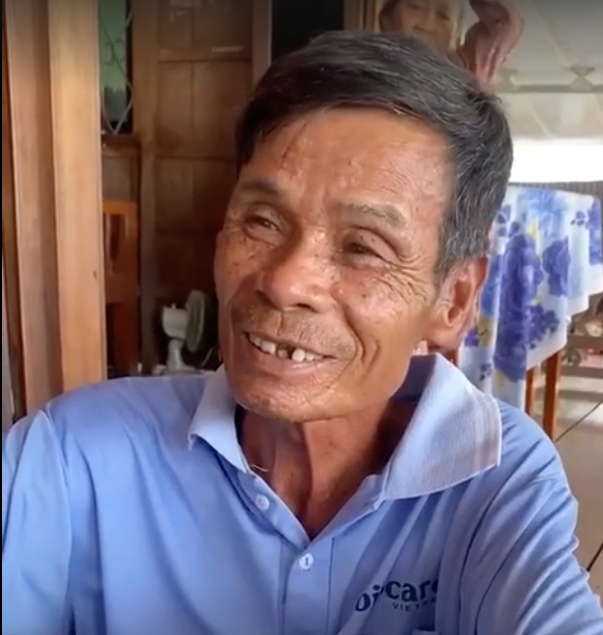

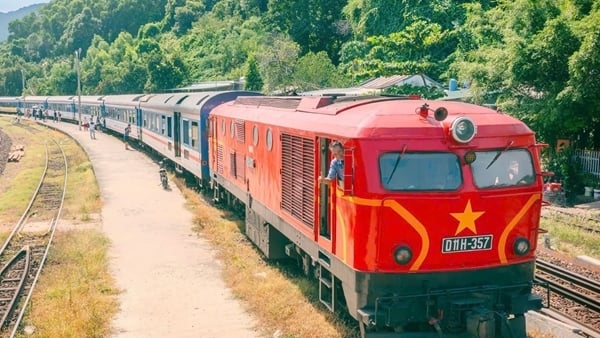






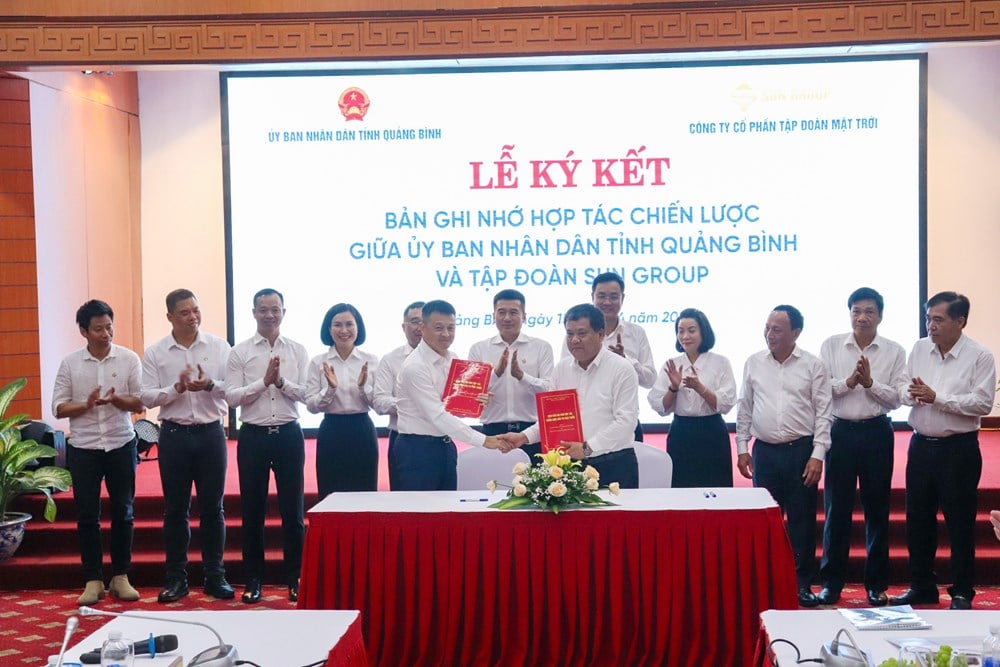

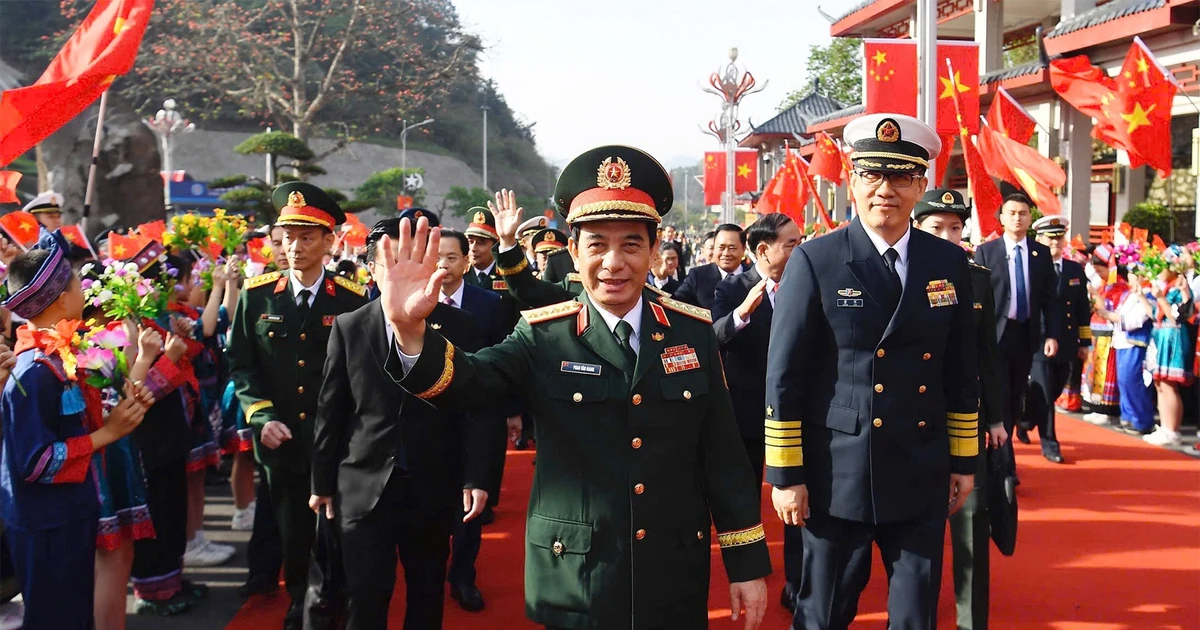

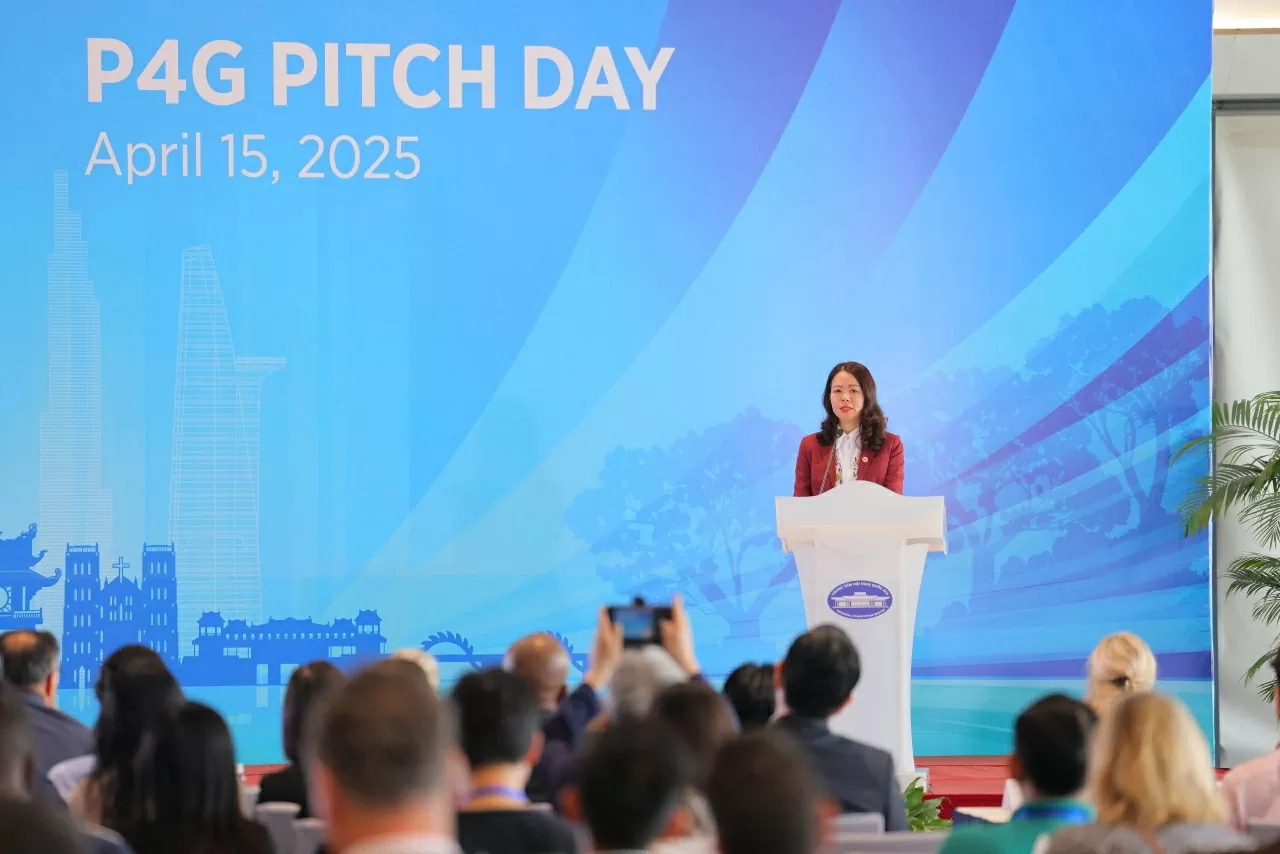

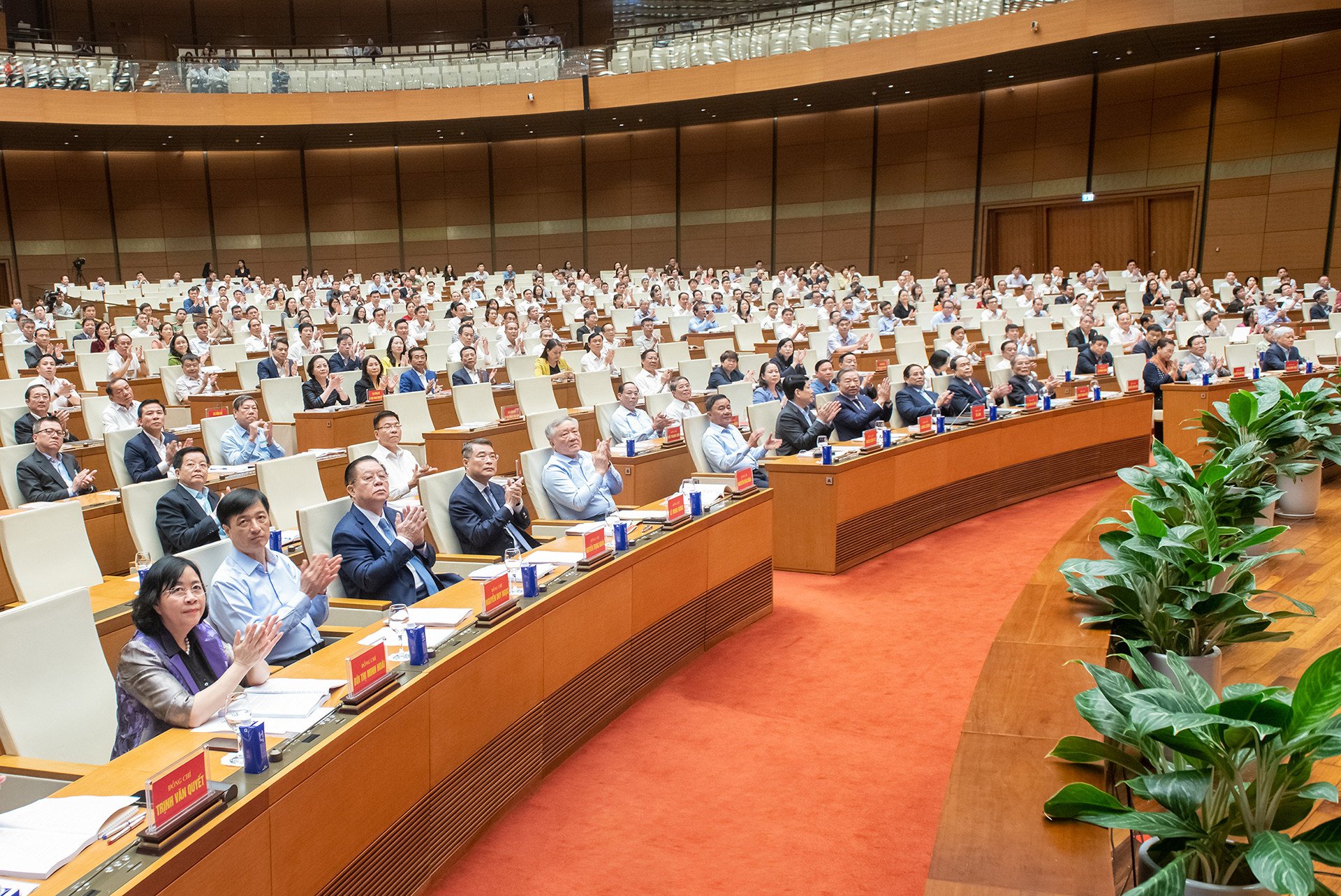
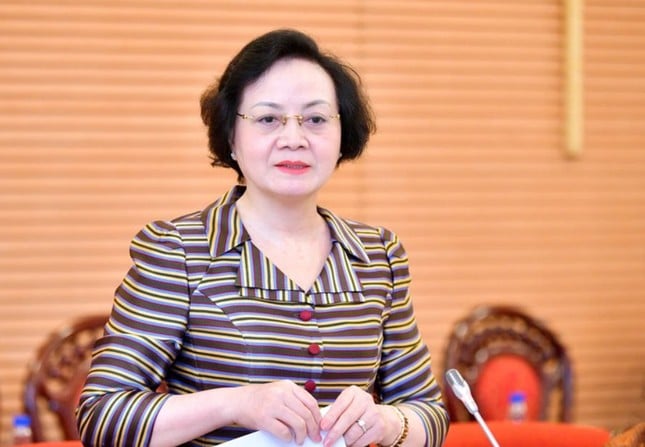

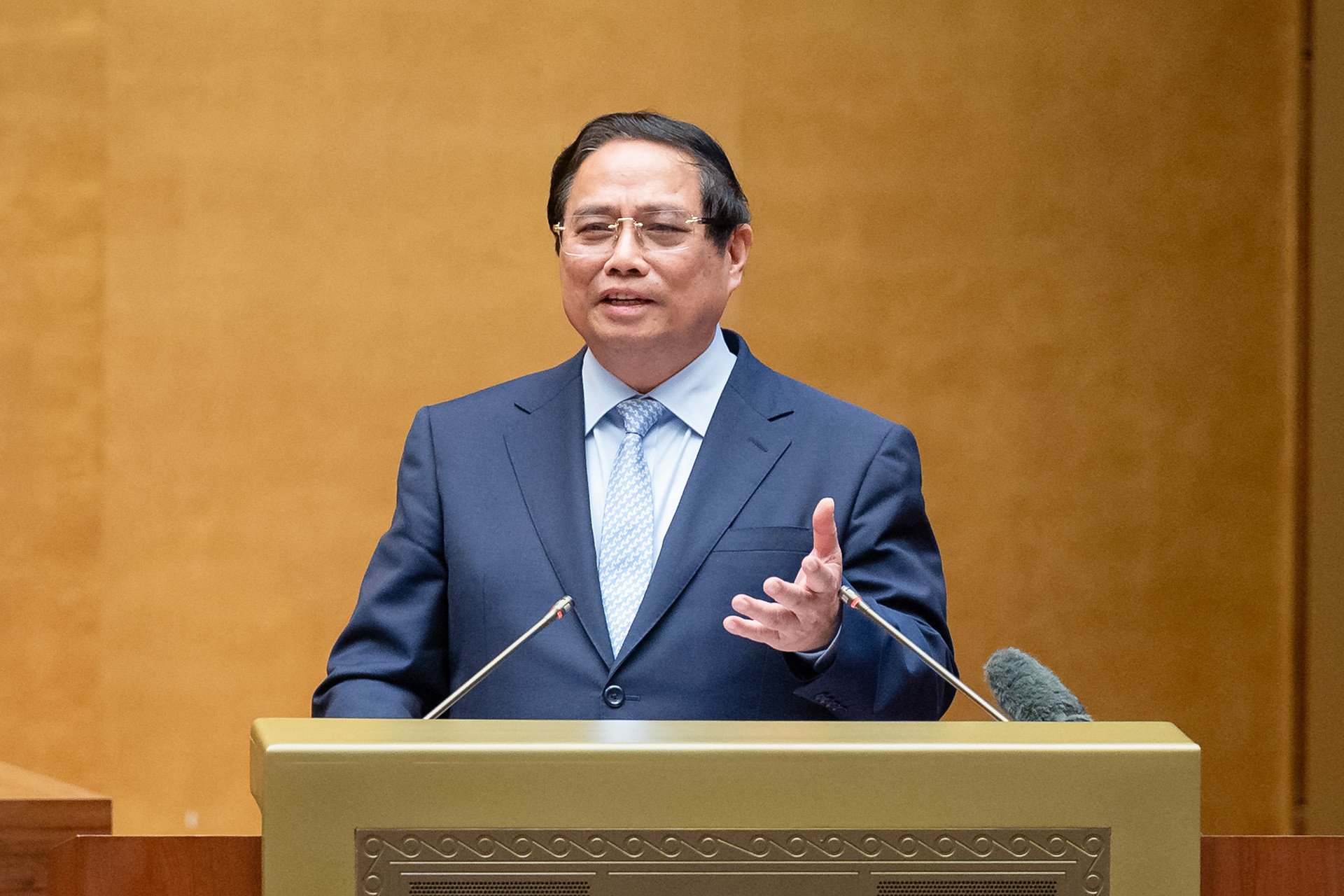
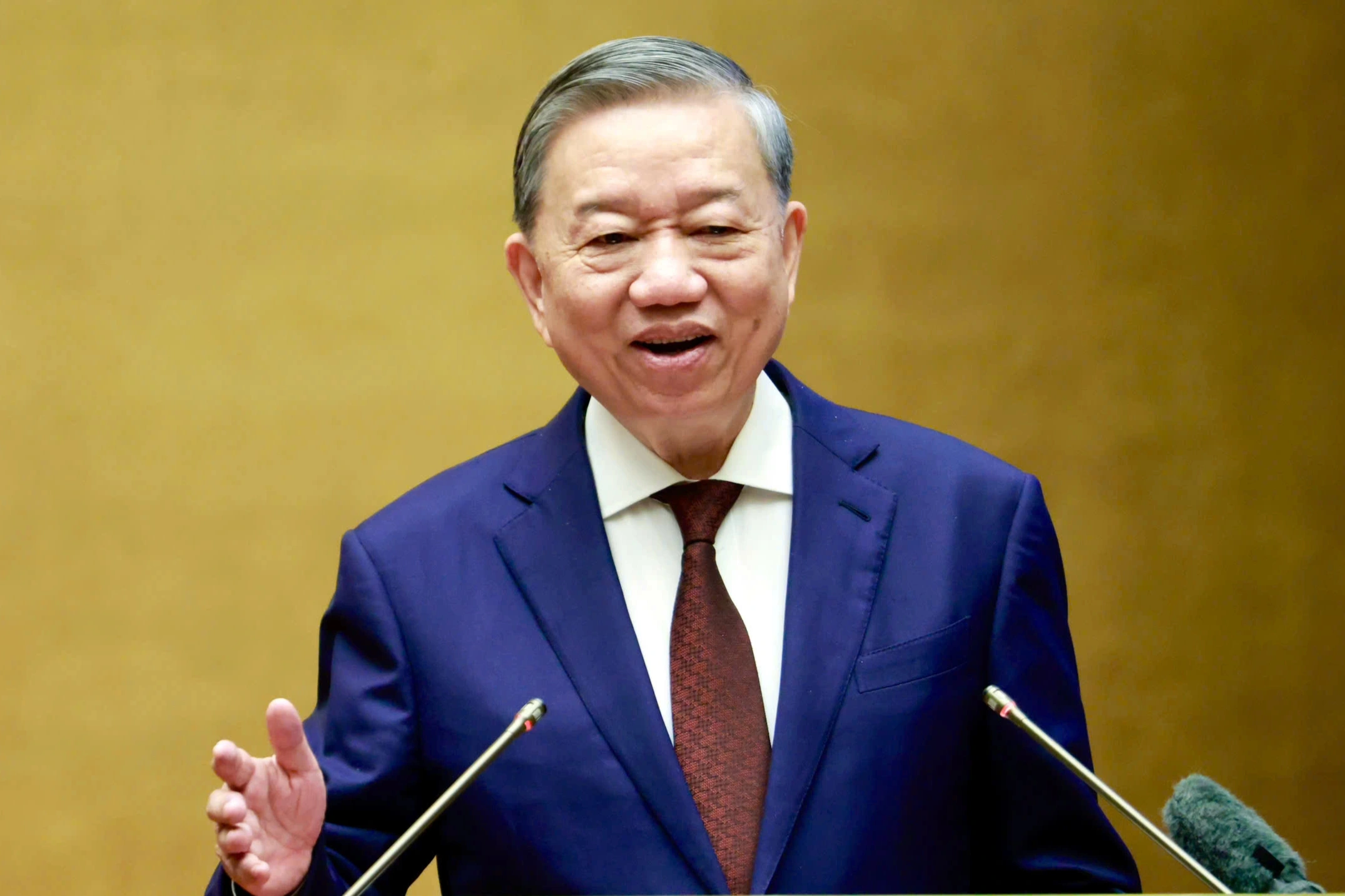
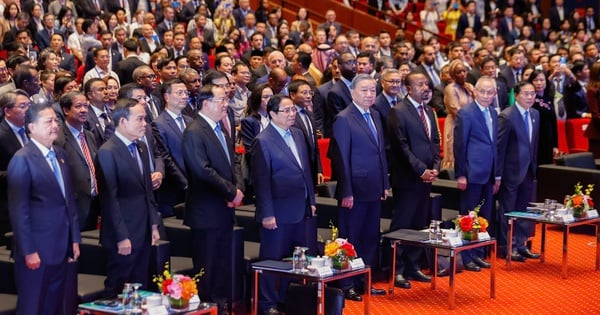




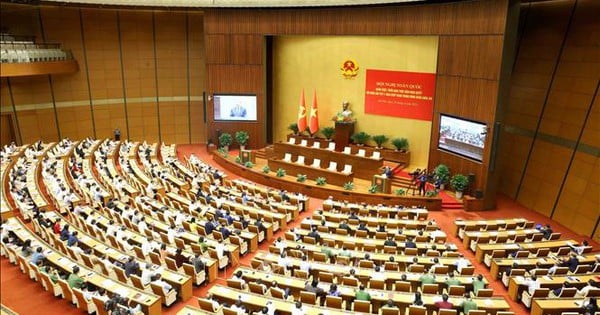

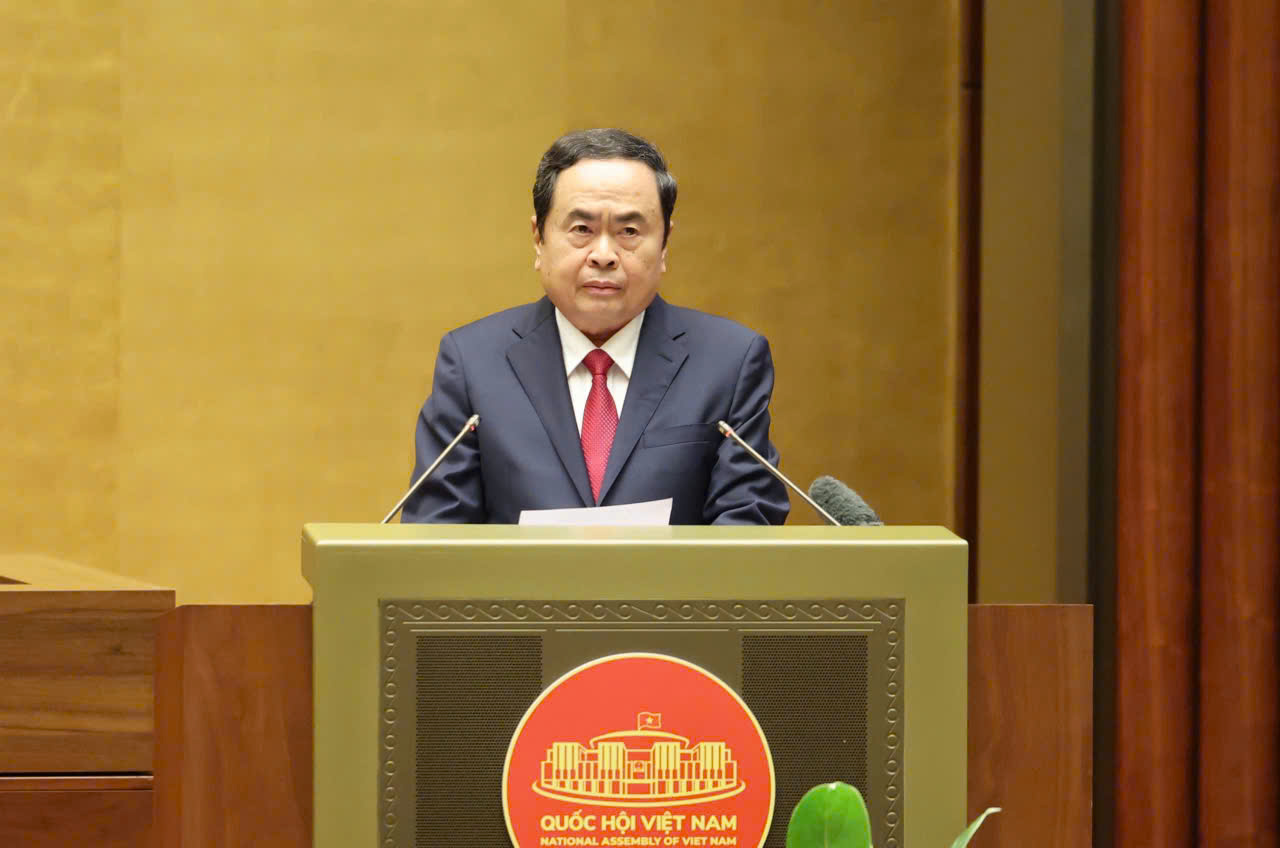





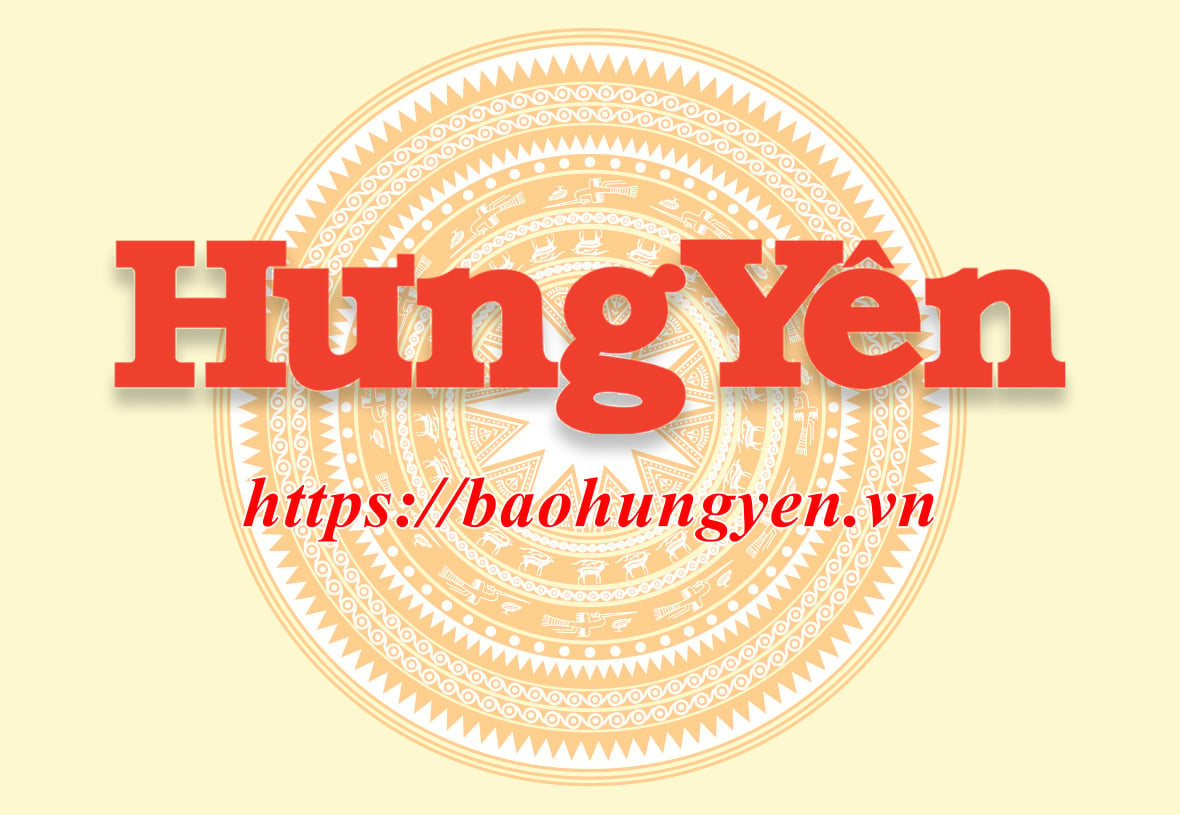



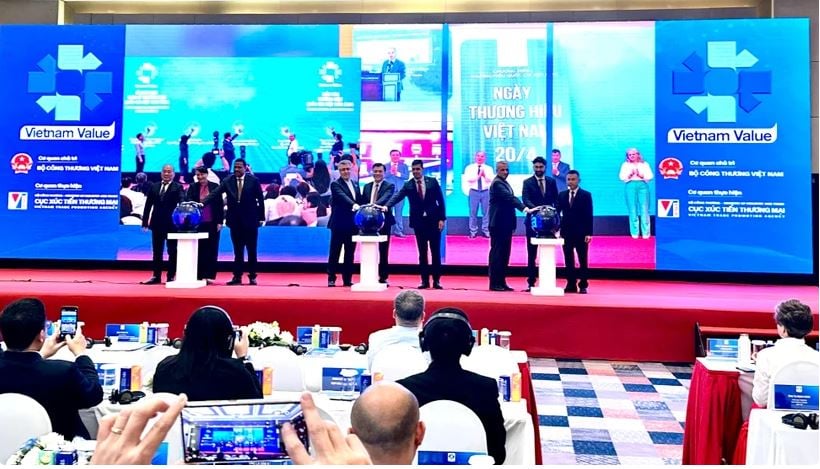






Comment (0)